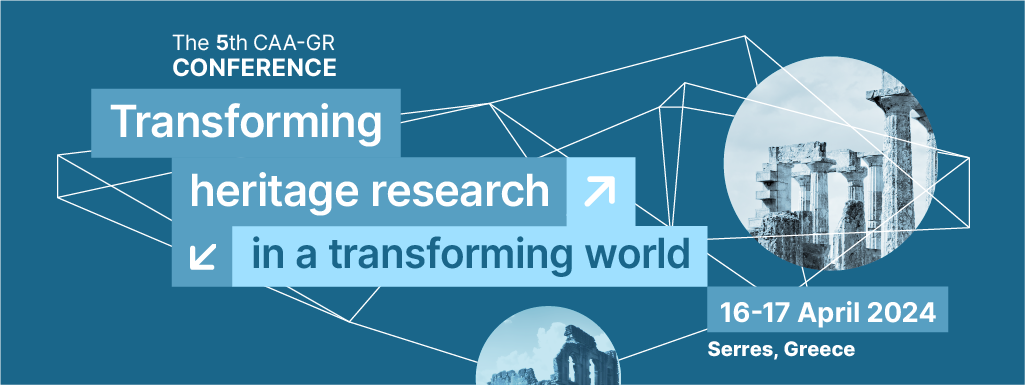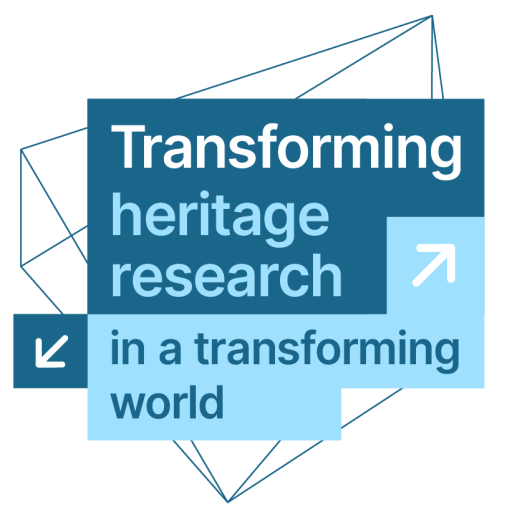Transforming heritage research in a transforming world
International Hellenic University and Athena Research Centre, 16-17 April 2024, Serres, Greece


The world we live in is marked by challenging and often intimidating changes, as well as significant opportunities for growth. Throughout history, change has been an inevitable aspect of every era. For example, climate change is widely recognized as one of the most pressing global challenges of our time, with far-reaching impacts on the environment, societies, and economies worldwide, posing a severe threat to cultural heritage. These changes are transforming our world, threatening food security, human health, and social stability. At the same time, the world is rapidly moving towards an era of artificial intelligence (AI). While AI has the potential to revolutionise industries, improve efficiency, and create new opportunities, it also poses significant challenges for society, like the impact on the workforce, the ethical implications of AI, the perpetuation and even amplification of social and economic biases, the questions about accountability and responsibility, the safety and security from weaponized AI.
Digital technologies are changing the way we live, work, and communicate, while climate change and globalisation are transforming our social, economic, and environmental systems. In this context, cultural heritage has an essential role in shaping this transforming society. Cultural heritage can provide a sense of identity, continuity, and community and can help to preserve history and encourage intercultural understanding. Moreover, cultural heritage institutions can leverage digital technologies to enhance the accessibility and visibility of their collections, engage with diverse audiences, and promote cultural exchange. However, cultural heritage faces new challenges in this transforming world, such as the need to address climate change and its impact on heritage sites, the risks associated with globalisation, and the ethical implications of digital technologies. Therefore, cultural heritage must actively engage with these challenges to ensure its relevance and sustainability in a rapidly changing world. This requires cross-disciplinary/sectoral/border collaborations, as well as a commitment to preserving and promoting cultural diversity and heritage for future generations. It is a time to critically analyse the relationship between cultural heritage and the effects of the coming changes, whether economic, social, demographic, technological, cultural, or a complex combination of various forces. Considering the rapid pace at which dynamic influences shape change, cultural heritage has a crucial role in this context.
Organising Committee
Stella Sylaiou, International Hellenic University, Serres, Greece
George Pavlidis, Athena Research Centre, Xanthi, Greece




Comments are closed, but trackbacks and pingbacks are open.